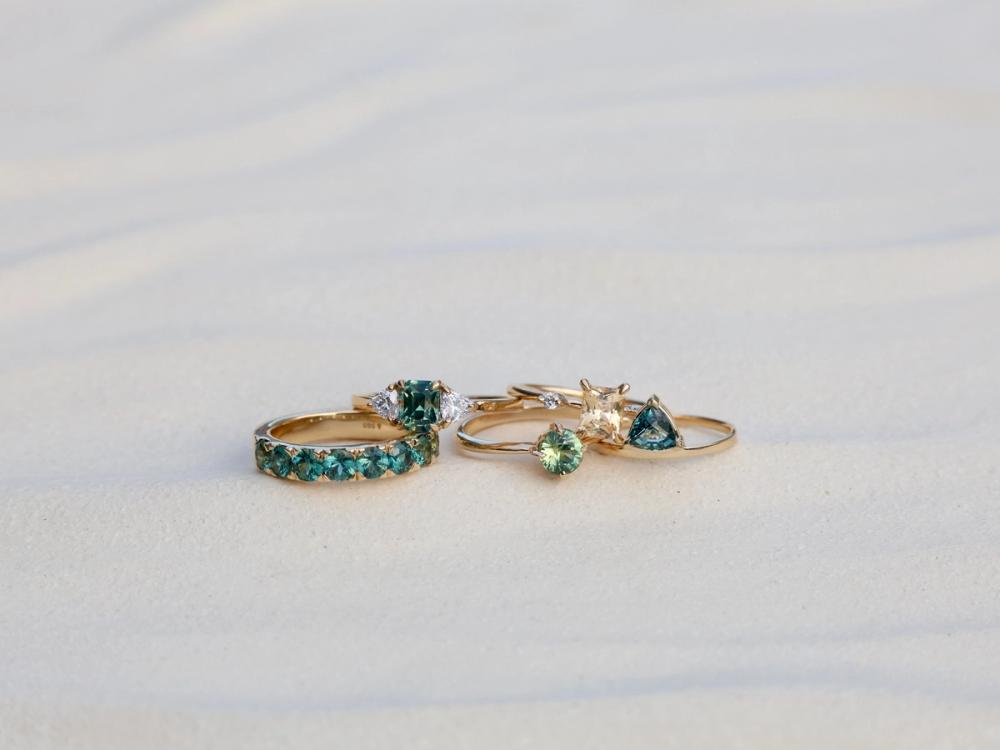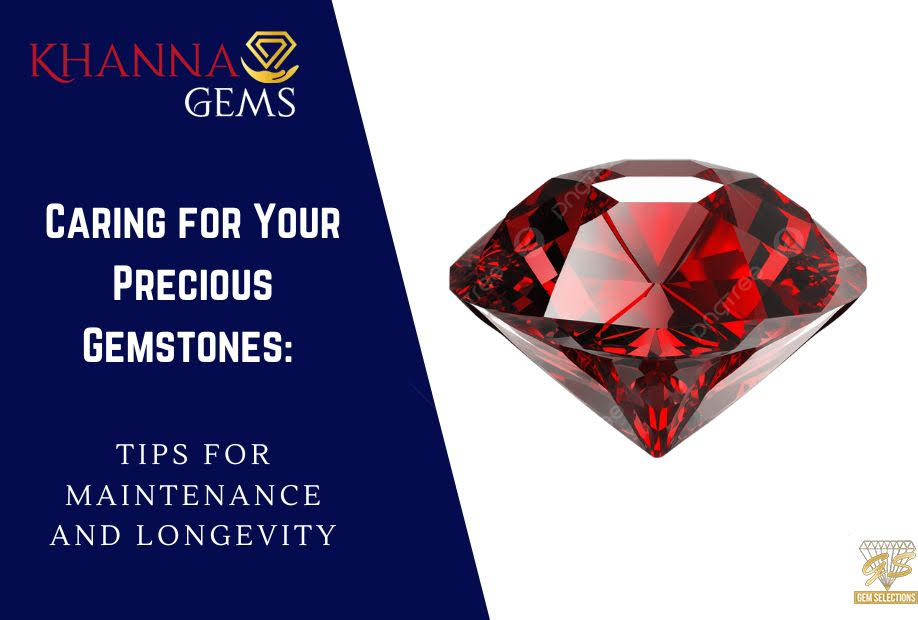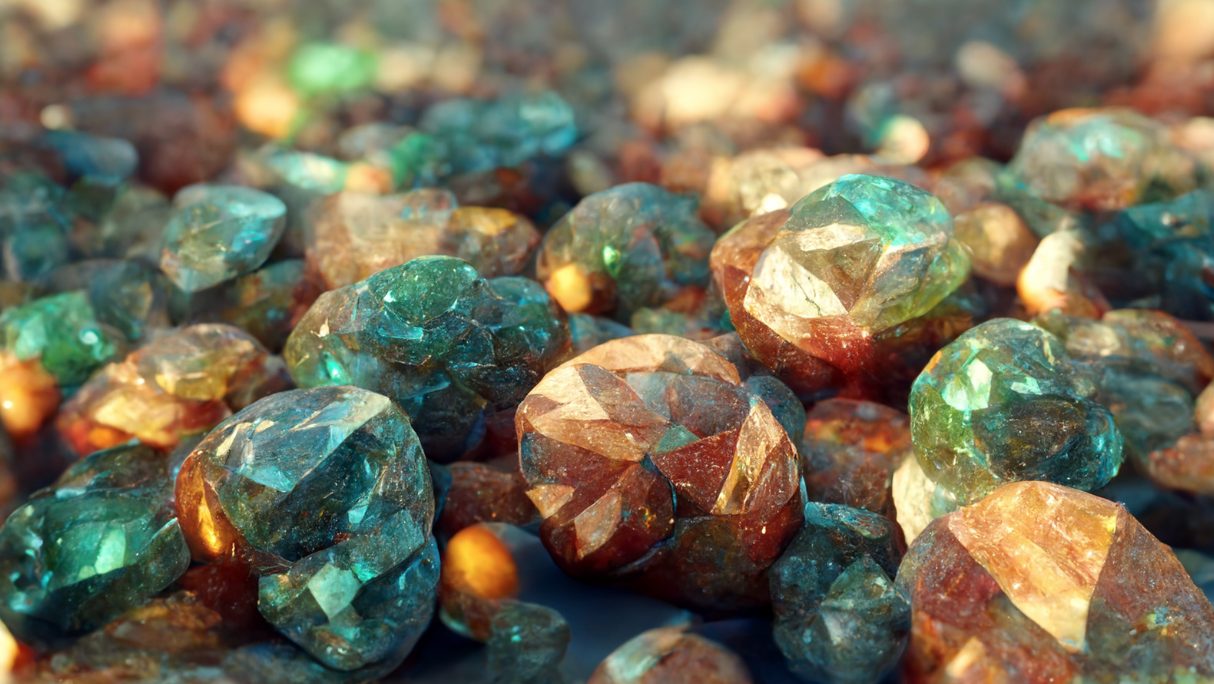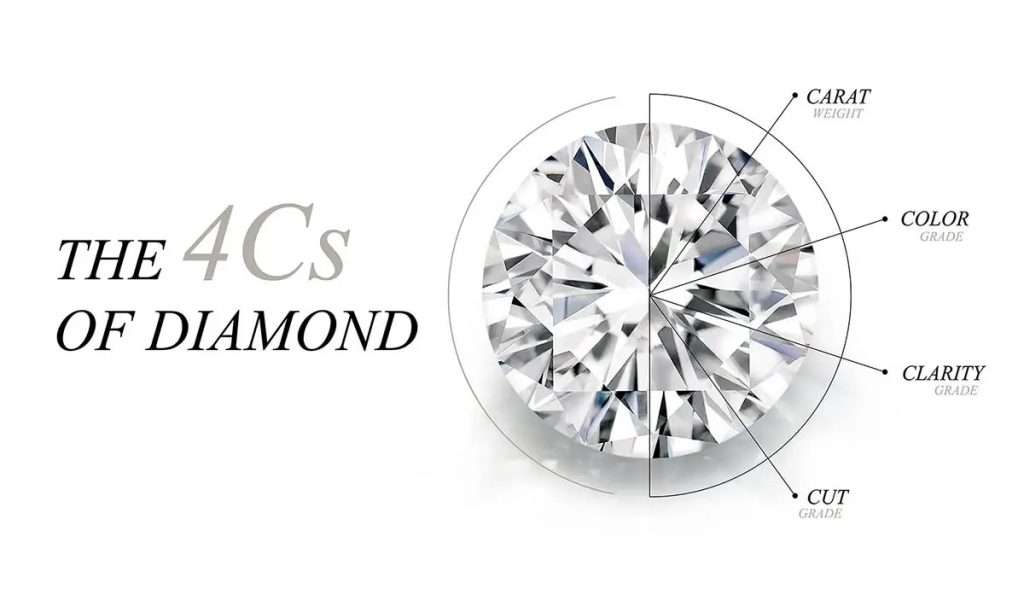| Name | Diamond hardness characteristic |
| Color | Typically colorless or white |
| Clarity | High clarity with few inclusions |
| Hardness | 10 on Mohs scale |
| Luster | Adamantine luster shines brightly |
| Transparency | Transparent to opaque variations |
| Origin | Formed under high temperature and pressure |
| Shape | Often cut into brilliant shapes |
| Durability | Extremely durable and longlasting |
| Symbolism | Represents strength and eternity |
Simplify your understanding of the hardness of diamond and its unmatched durability. Explore the characteristics that make this gemstone a top choice for jewelry enthusiasts and learn how its hardness compares to other precious stones like sapphires.
Understanding the Strength and Resilience of Gemstones
The strength of gemstones, particularly diamonds, is an important factor for anyone interested in fine jewelry. Exploring the hardness of diamond provides insight into why diamonds are often considered the top choice for engagement rings and other fine jewelry.
The Relationship Between Hardness and Durability
The mohs hardness of diamond is rated at a level 10 on the Mohs scale, making it the hardest natural material known to man. This exceptional rating underscores the stone’s remarkable ability to resist scratches and damage, ensuring longevity in everyday wear.

In comparison to other gemstones, diamonds outperform sapphire and many other stones in terms of durability. This property is what makes diamonds ideal for pieces that are regularly worn, highlighting their practicality alongside their beauty.
Insights into the Mohs Scale and Its Significance
The mohs scale of hardness diamond provides a framework for understanding how different gemstones relate in terms of hardness. While diamonds top this scale, sapphires rate a mere 9, illustrating the considerable difference in durability between these gemstones.
Understanding where a gemstone ranks on the Mohs scale diamond allows buyers to make educated decisions about their purchases, particularly in settings meant for everyday use. The scale serves as a vital tool in the jewelry industry, guiding consumers towards selections that fit their lifestyle.
Caring for Your Precious Gemstones
To maintain the beauty and integrity of gemstones, proper care is essential. Caring for diamonds, in particular, involves specific considerations due to their unique properties.
Best Practices for Gemstone Maintenance
To ensure the longevity of a diamond, regular cleaning is recommended. A simple solution of warm water and mild soap can effectively remove dirt and oils that accumulate over time. Using a soft brush can also help scrub hard-to-reach places without causing scratches.
Storage is also crucial in preserving the quality of diamond jewelry. Ideally, store each piece in a separate compartment or soft pouch to prevent them from scratching each other or other gemstones that may be less hardy.
Addressing Common Care Concerns
While the hardness of diamonds contributes significantly to their durability, they can still be subject to damage if improperly cared for. For instance, exposing diamonds to harsh chemicals or cleaning agents can deteriorate their setting or lead to dullness over time.
Understanding the properties of diamond hardness is pivotal for maintaining their pristine condition. By taking proactive measures, such as routine inspections by a jeweler, owners can ensure their diamonds remain stunning for generations.

Evaluating the Visual and Symbolic Aspects of Gemstones
Beyond their physical attributes, gemstones also hold considerable visual appeal and cultural significance. A deeper dive into the symbolism and aesthetics surrounding diamonds can enrich the owner’s appreciation of their piece.

The Aesthetic Influence of Gemstones
The brilliance and clarity of diamonds often captivate the eye, offering a range of styles and settings that can suit personal tastes. Each diamond reflects light uniquely due to its cut, further influencing its visual appeal.
Understanding how different gemstones compare, such as the often-discussed diamond vs sapphire hardness, highlights the aesthetic choices one can make. While sapphires offer vibrant hues, diamonds typically present a classic, timeless aesthetic that many buyers favor.
Symbolism Beyond Aesthetics
The significance of diamonds transcends their physical attributes, often symbolizing love, commitment, and strength. This adds emotional value to the piece that goes beyond just being a beautiful accessory.
In many cultures, diamonds are seen as a representation of eternity, solidifying their status as popular choices for engagement rings. Through these symbolic meanings, owners often feel more connected to their gemstones, making mindful purchasing decisions even more meaningful.
A Comprehensive Buying Guide for Gemstone Enthusiasts
Navigating the world of gemstone purchases can be overwhelming, particularly for first-time buyers. Armed with a solid understanding of gemstone properties, prospective buyers can approach their purchases with confidence.
Key Factors to Consider When Buying Gemstones
When considering a gemstone purchase, factors such as quality, setting, and intended use should be evaluated thoroughly. For instance, discerning buyers should note the hardness comparisons of gemstones to ensure the chosen piece will withstand their lifestyle.
Additionally, buyers should consider their personal style and what type of gemstone resonates with them emotionally. A diamond’s allure is often unmatched, but recognizing alternatives, such as sapphires, can provide unique choices that reflect individual tastes.

Finding Reliable Sources for Your Gemstone Purchase
Finding trusted jewelers or retailers is paramount when making a gemstone purchase. Seek out jewelers who provide certification of authenticity, particularly for diamonds. This documentation reassures buyers of the stone’s quality and underlying value.
Engaging with reputable sources not only enhances the buying experience but also contributes to a more informed decision. Researching retailers and reading reviews can guide buyers toward making meaningful purchases with confidence.
FAQ
Why are diamonds considered the hardest gemstones?
Diamonds are structured in a crystalline lattice, giving them their unmatched strength and ranking of 10 on the mohs hardness scale. This structure prevents scratches and wear, making them ideal for everyday wear.
Reflecting on the remarkable hardness of diamond, it becomes evident why these gemstones hold a coveted place in both jewelry and industry. Understanding their unique properties empowers enthusiasts and collectors to appreciate their durability and make informed choices in their selections.
